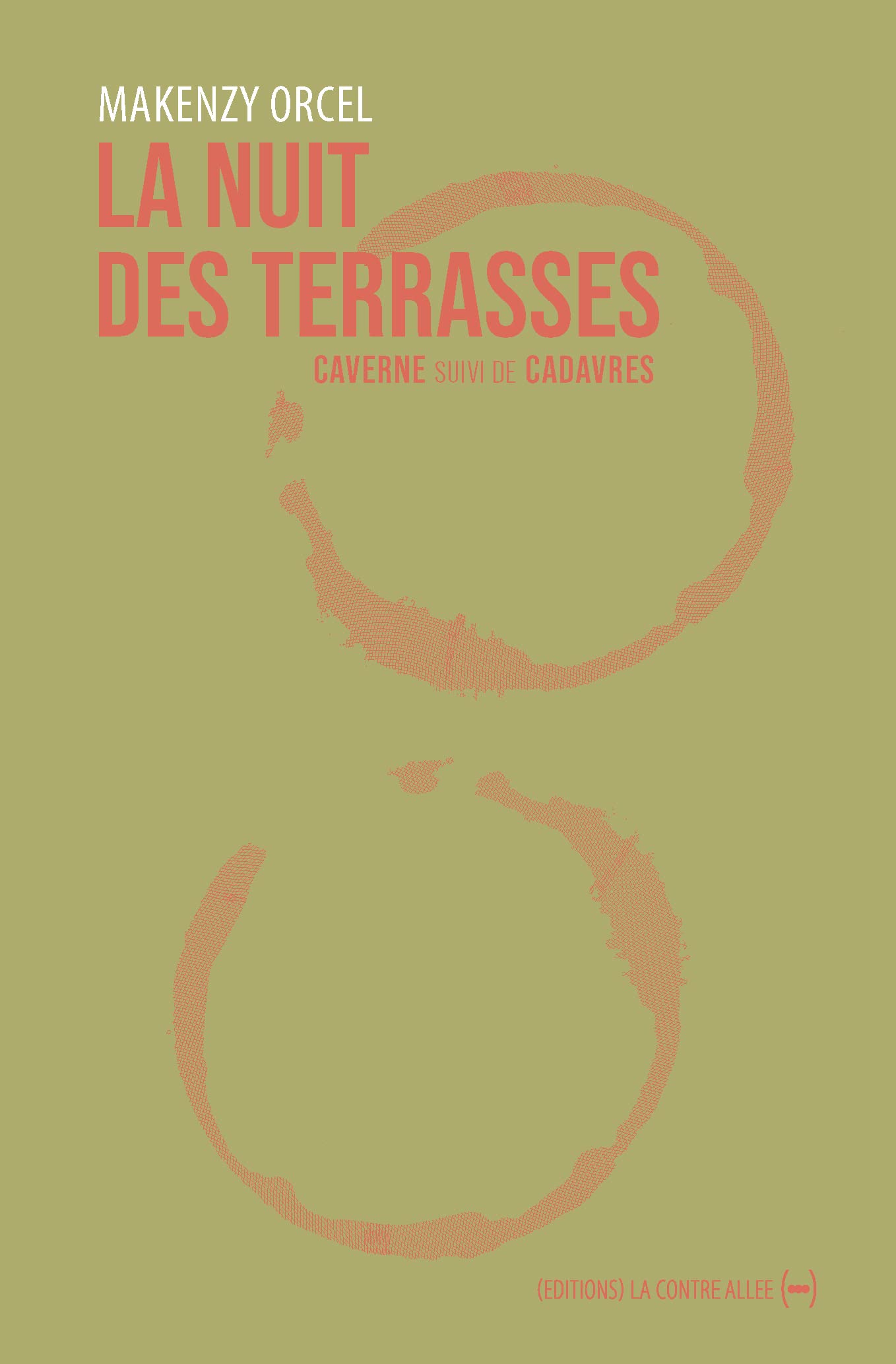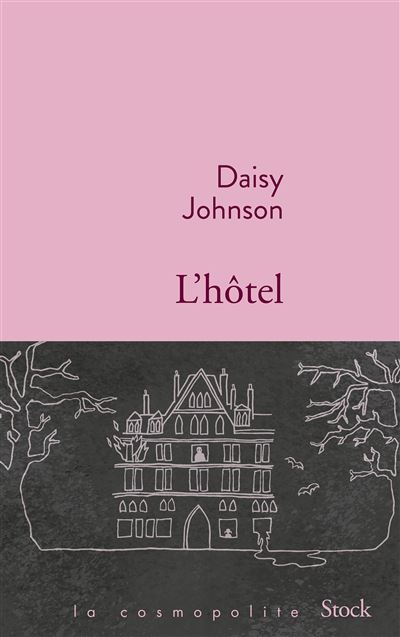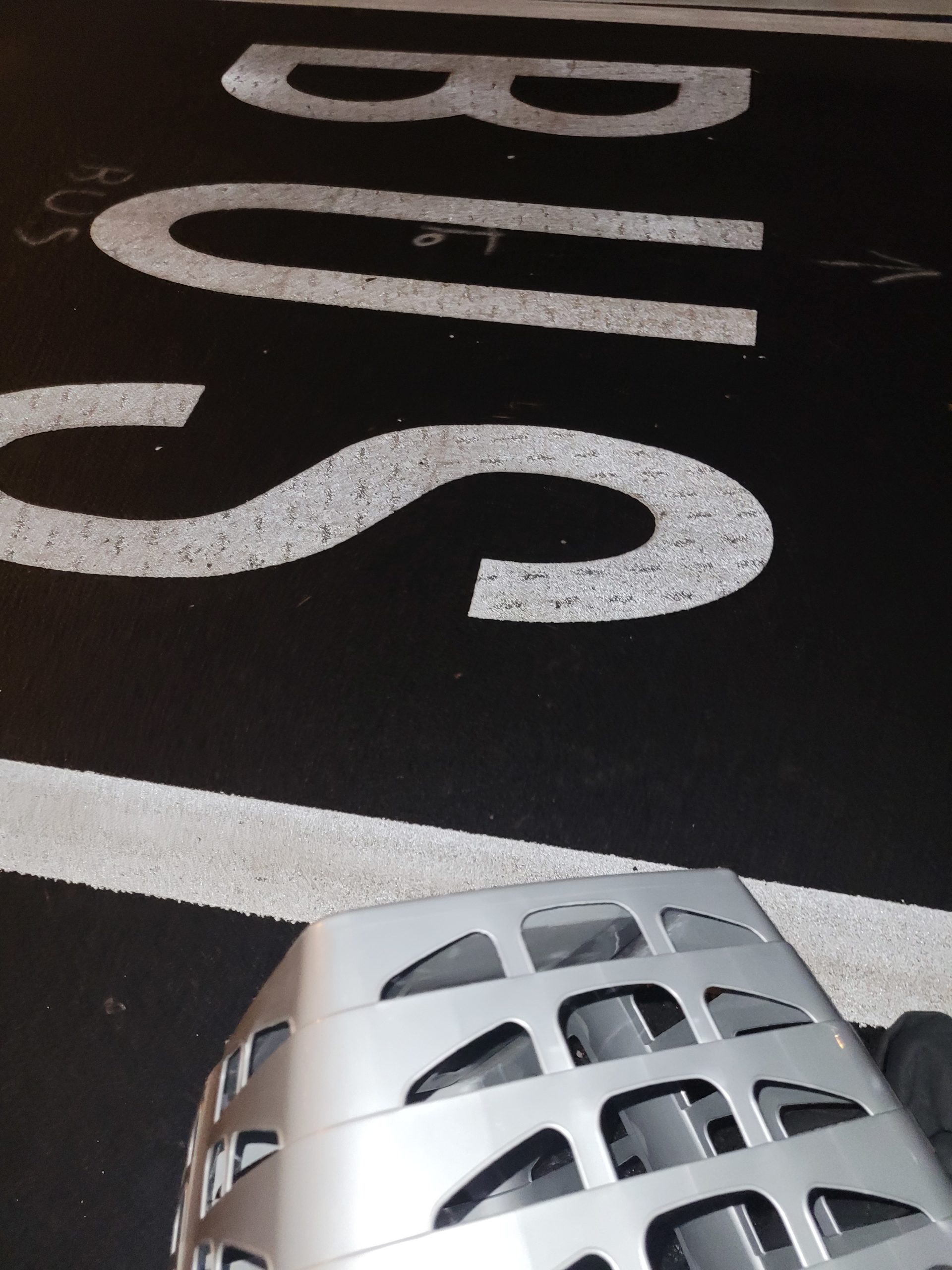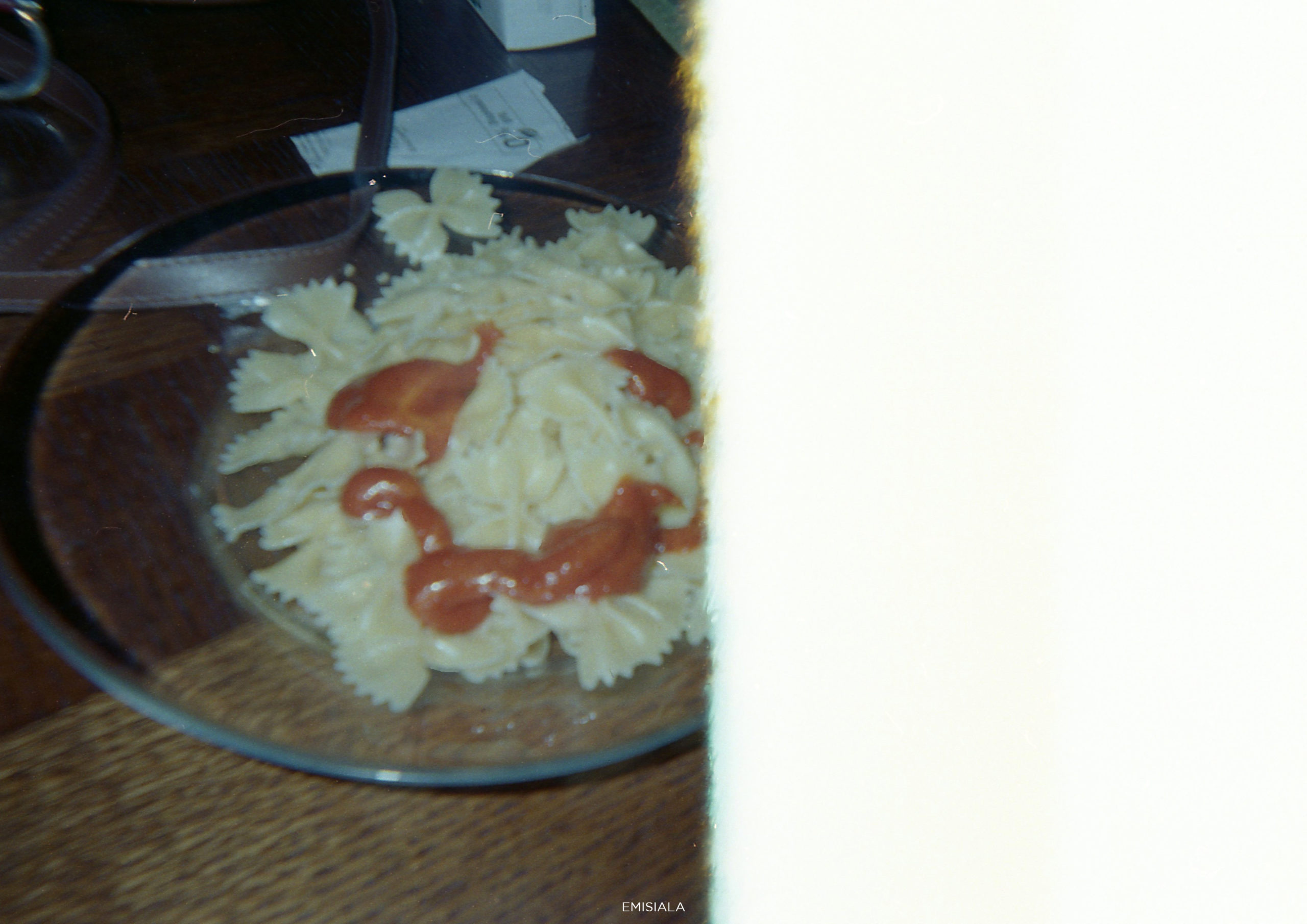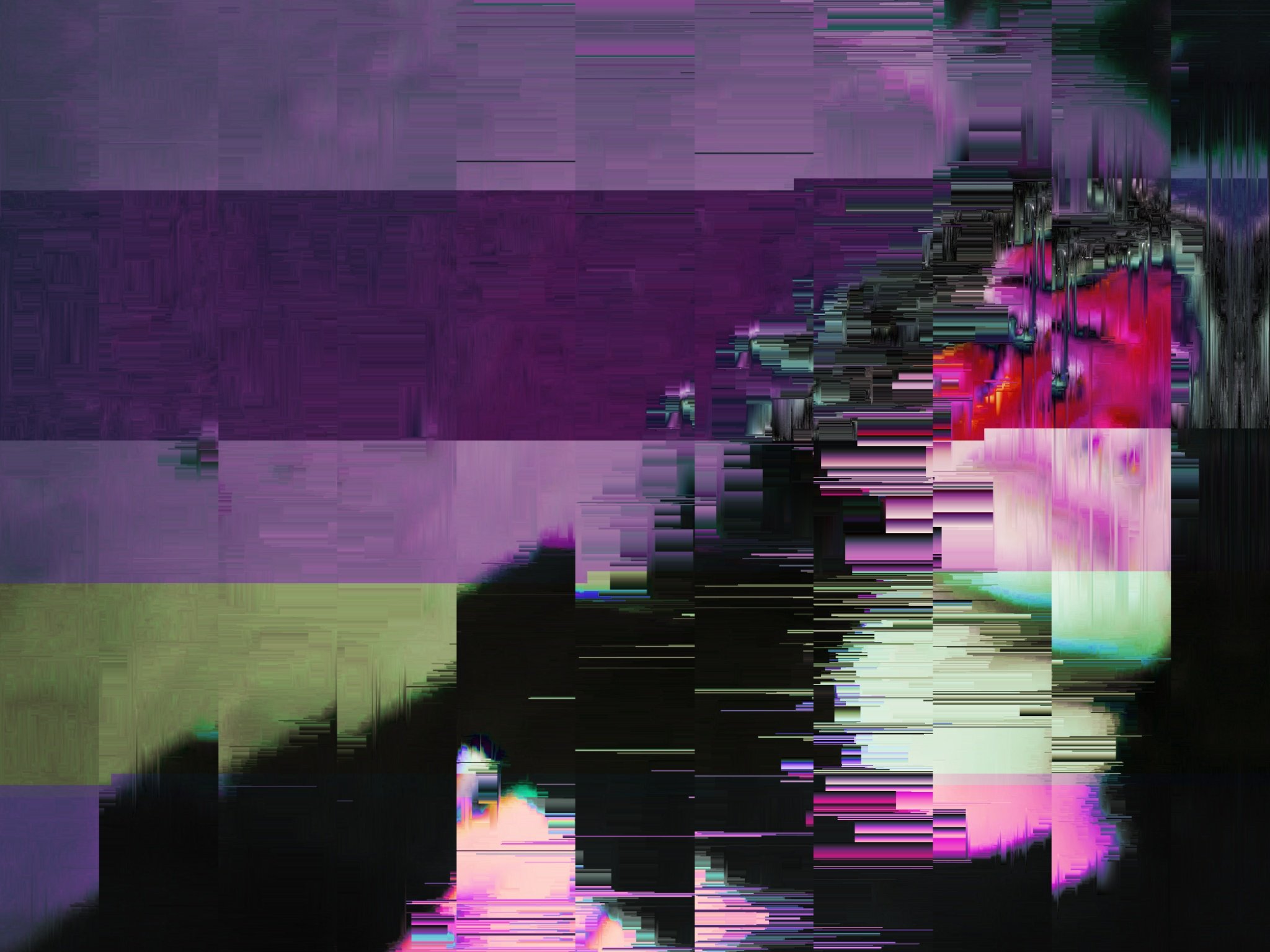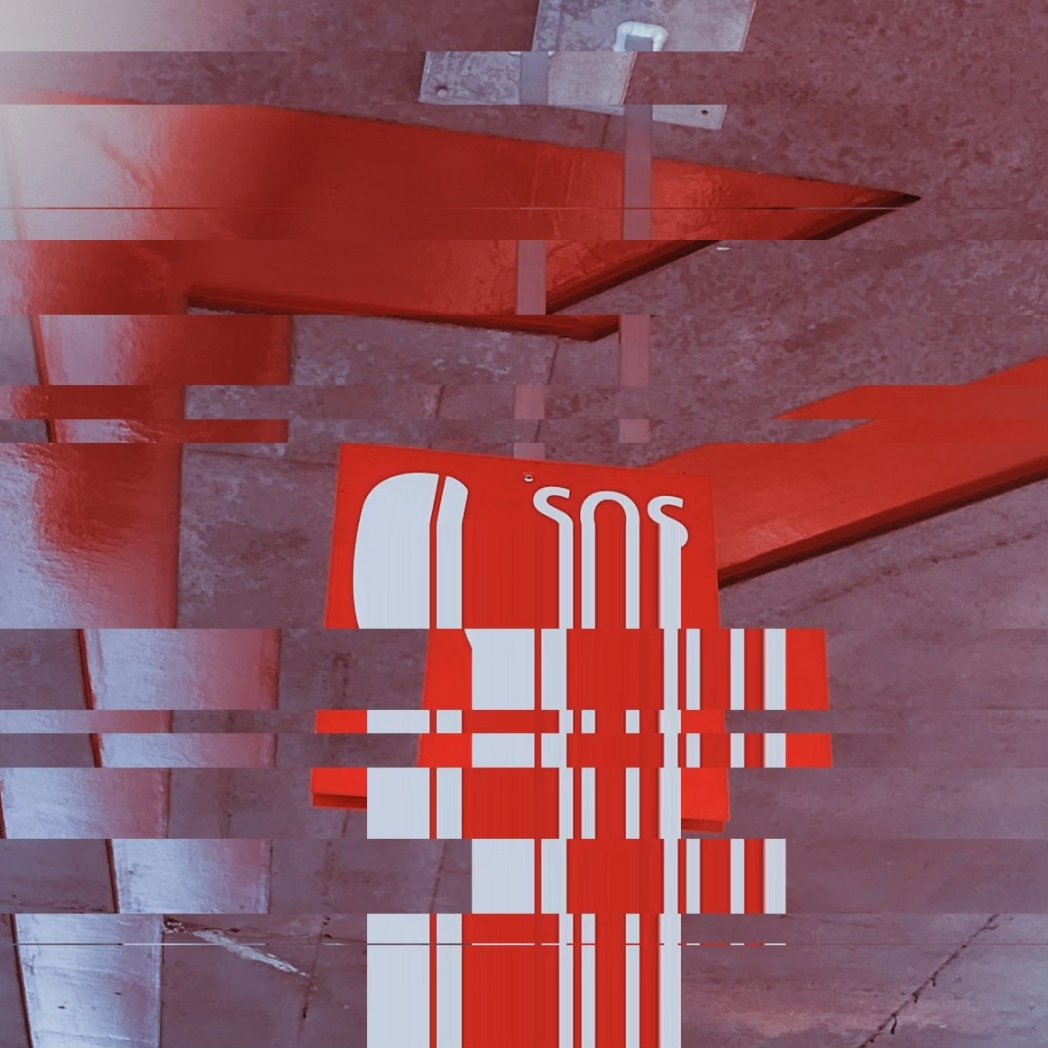Review du recueil de Makenzy Orcel – une poésie en prose atypique
La nuit des terrasses et Caverne suivi de Cadavres est un recueil de poésie contemporaine regroupant trois oeuvres du poète haitien Makenzy Orcel, que je découvre à l’occasion de cette réédition des éditions la Contre allée pour la collection la Sentinelle. J’ai tout de suite plongée dans cette oeuvre crue, où la nuit est le théâtre de décès et d’amours qui voient le vin se mélanger au sang, instant éphémère où les passions d’un temps se jouent de manière intense, la mort toujours au tournant. Le feu des rituels dionysiaques se mêlent dans Cadavres à la froideur de l’eau et de la mort, représentant la nature multiples des soirées passées par le(s) narrateurs, à la fois fête, requiem et champ de bataille non sans dans Terrasses rappeler au lecteur la terrible soirée des attentats du Bataclan. Quant à la Caverne suivie d’une méditation sur la mort, j’hésiterai presque à évoquer la référence à l’allégorie de la caverne de Platon sur notre compréhension toujours incomplète de la vie, tant elle semble évidente.
Je ne sais que retenir de ce recueil car j’ai envie d’en retenir chaque phrase, chaque mot, sans pour autant avoir l’impression de lui faire honneur par la présente critique. Il s’en est que je suis infiniment reconnaissante envers la Contre Allée d’avoir réédité ces textes essentiels, qui ont toute la force du classique en devenir. Je pensais l’avoir choisi par hasard; mais je pense que c’est la force de ce texte unique qui s’est imposée sur mon chemin. Si vous hésitez encore, je ne peux que vous en recommander vivement la lecture; s’étendre sur une analyse aussi superficielle ne risquerait qu’au contraire de vous détourner de cet ouvrage fort, dont chaque lettre mérite d’être analysée sous toutes ses coutures.
Informations complémentaires sur l’oeuvre
Préface de Gisèle Sapiro, sociologie de la littérature directrice de recherche au CNRS et directrice d’études à l’EHESS.
Éditions La Contre-Allée pour la présente édition, collection La Sente (2023), édition anniversaire pour les 15 ans de la maison d’édition, format poche. Regroupe La nuit des terrasses, collection La Sentinelle (2015) et Caverne suivi de Cadavres, collection la Sentinelle (2017), lauréat du prix littéraire des lycéens et apprentis d’Île de France en 2018.
ISBN 978-2-376650-90-4
Goodreads – Babelio – Gleeph
